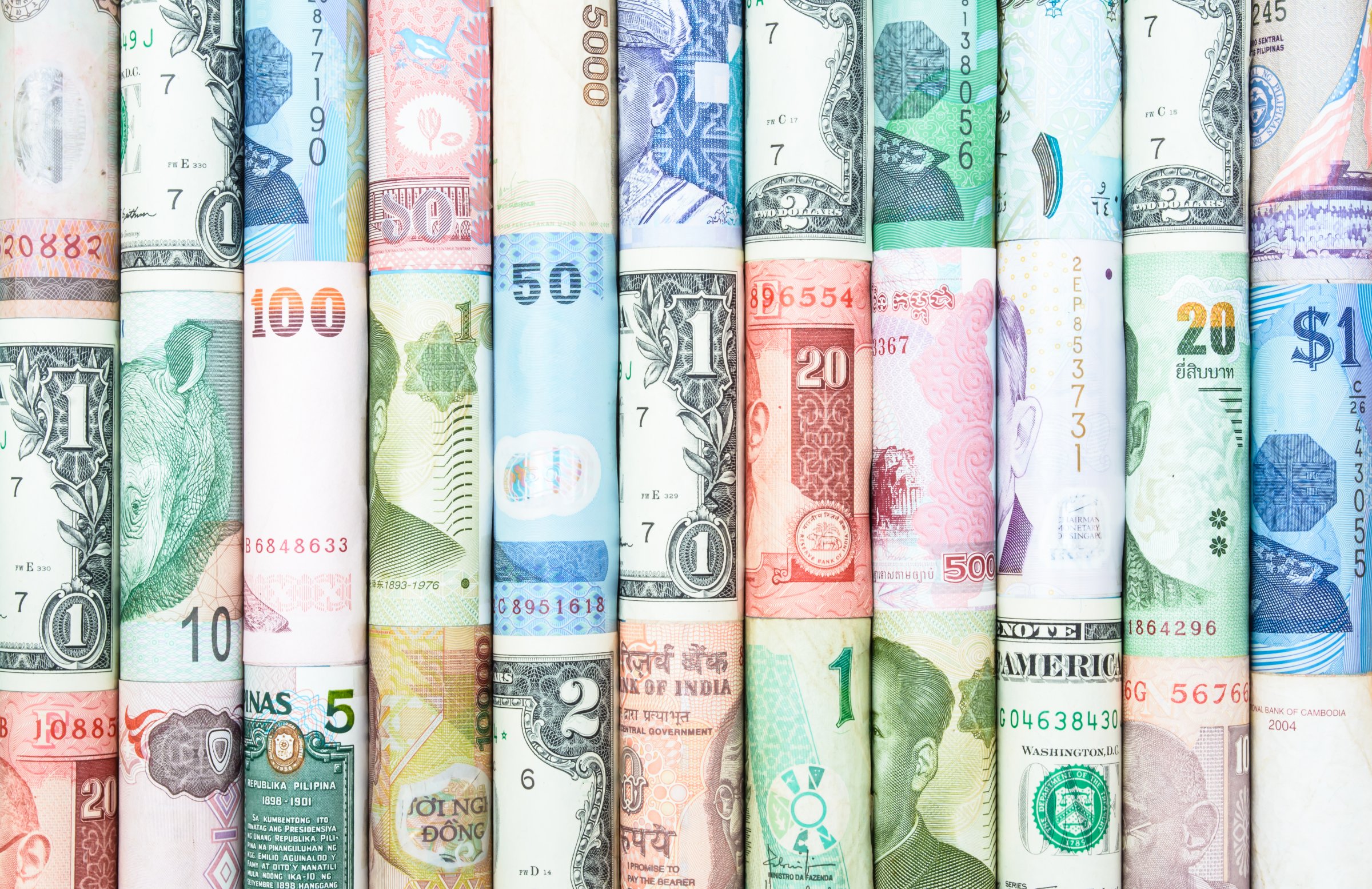
In a meeting room in Delhi, India, with walls painted green and sun streaming in through beige curtains, more than 30 women sit on wooden benches to hear about the positive power of saving.
“The cricket is saving and will be ready,” says their instructor, a jovial man wearing a white striped shirt. He’s holding a large picture book that tells a story easily understood by those who might not read.
Welcome to the next frontier of women’s economic advancement: financial inclusion. Otherwise known as helping women enter the formal financial system, one bank account at a time.
Financial inclusion plays a critical role in reducing poverty and boosting economic development. Yet despite the economic and social benefits of access to formal financial institutions, as many as 2 billion people take part only in the informal economy. While this arrangement allows some of the world’s poorest to manage their daily expenses, usually through loans from family members or moneylenders, it denies them the stability of a savings account, insurance and established credit.
Women are among those with the least access to banking. Data from the World Bank’s Global Findex report shows that only 58 percent of women have an account. At least 1.1 billion women and girls — one billion — around the world are excluded from the formal financial system. And this is costly for all of us.
Up to 95% of women in developing countries are employed informally without legal protections, and many are self-employed. Female entrepreneurs also face higher interest rates, struggle with poor credit history and are less likely to take out a loan, because their entire lives exist outside the formal banking system. The IFC estimates that, collectively, women-owned businesses around the world are faced with as much as $320 billion in unmet financing needs.
Women who control their income hold higher positions within their homes and are more likely to make informed decisions regarding their children’s health and education. Women who formally save their earnings are also up to 10 times more likely to invest in their families and communities than men are, highlighting their added social impact.
Despite this prominent gender gap, several countries have demonstrated notable financial service reforms. Nigeria has been identified by Goldman Sachs as one of 11 emerging economies with high growth potential in the coming decades, bolstered by an additional 4.7 million women who achieved financial inclusion between 2012 and 2014. Innovative financial tools have come online, including the digital BETA savings account — a banking system in which agents travel to open-air markets with mobile devices and help women open or operate their own bank accounts on site where they work. But much room for progress remains: while more than half of Nigerian men own a bank account, only one-third of Nigerian women can say the same.
In India, mobile money platforms are also opening new financial channels, particularly for rural women. And banks such as Ujjivan are focusing on “doorstep banking,” which benefits women in particular given limits on their mobility. Still, only 26% of women in India have formal accounts and fewer than 15% of female entrepreneurs have financial backing from a formal institution. A Goldman Sachs Global Investment Research Report found that “in India the rejection rate for loans to women-owned businesses is 2.5 times higher than that for men,” despite the benefits of female banking customers, including their aversion to risk and preference for fewer banking relationships.
Back in that second-floor classroom in Delhi, small business loans feel like they remain a few steps down the road. But ask the women in the Ujjivan financial literacy course how many of them are the first women in their families to have their own bank accounts, and watch nearly two-thirds of the hands shoot to the sky. Progress is coming, and women are entering the formal financial system — step by step, account by account. And that micro shift may lead to macro growth for all of us.
Gayle Tzemach Lemmon is a senior fellow at the Council on Foreign Relations and the author of New York Times bestsellers The Dressmaker of Khair Khana and Ashley’s War: The Untold Story of a Team of Women Soldiers on the Special Ops Battlefield. Follow her work on her website and on Twitter.
More Must-Reads from TIME
- Donald Trump Is TIME's 2024 Person of the Year
- Why We Chose Trump as Person of the Year
- Is Intermittent Fasting Good or Bad for You?
- The 100 Must-Read Books of 2024
- The 20 Best Christmas TV Episodes
- Column: If Optimism Feels Ridiculous Now, Try Hope
- The Future of Climate Action Is Trade Policy
- Merle Bombardieri Is Helping People Make the Baby Decision
Contact us at letters@time.com